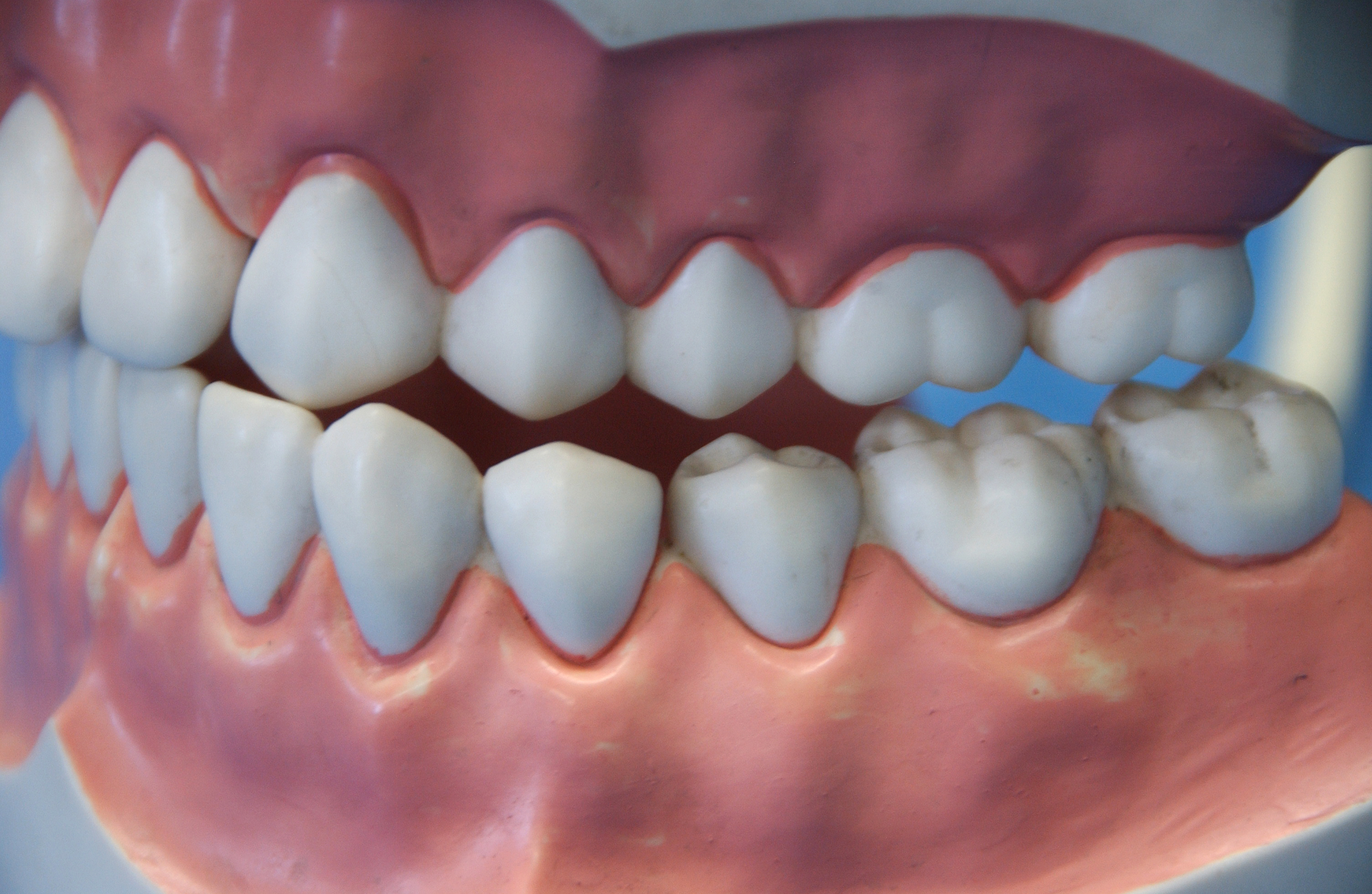Time has definitely made body art trends like tattoos more acceptable and appreciated unlike before where people assume that having inked skin mean that they have been to prison. Today, piercings and tattoos are the most common ways of expressing ones individuality. Piercings in particular have gone from being adornments of the ear to accents in the nose, belly button, eyebrows, and even the tongue.
People with pierced tongues may look cool and brave to undergo such painful transformation, but dentists are not necessarily happy with these trends being increasingly popular. Your mouth would normally sport metal material through dental appliances but not in the form of rings, studs and barbels. Tongue piercings are usually in the form of studs as it comes in different colors and materials and the wearers can choose from a variety of shapes. The piercing can be single or a bunch of punctures that form a particular shape. It is inserted in any position through your tongue’s lingual frenulum.

Getting your tongue pierced puts your oral and dental health at risk. The list below consists of some of the risks you have to think about if you are planning to get your tongue pierced.
Diastema. This is considered the movement and loosening of your tooth from constant pressure of piercings against the back of the teeth. Although this happens with or without the influence of any jewelry, having your tongue pierced would increase the risk of you having gaps in between your teeth. Wearing the ring, stud, or barbels at all times is necessary for people with pierced tongues because the tongue heals very quickly if the hole is not maintained. It also becomes a part of the look and lifestyle of the person with the piercing which makes it even harder for them to remove the oral jewelry.
Chipped and Cracked Teeth. Your oral jewelry can easily hit your teeth and scratch the enamel or even crack it when you eat or talk. This happens a lot especially when it’s still your first time wearing oral jewelry which needs getting used to. The constant contact and friction of your tongue and the ring or stud can definitely wear away your tooth’s enamel that exposes the dentin and pulp which put you at risk of tooth decay and cavities.
Infections. Bacterial infections usually take at least a few weeks after you get your tongue pierced. Apart from the plaque forming bacteria in your mouth, you can develop diseases due to the open wound.
These dental problems are concerns that you have to put in mind. These conditions are preventable though. You just have to choose the type of piercing carefully and practice good oral habits without fail. This means that you can avoid all the risks as long as you keep your mouth clean by brushing, flossing and gargling with the right mouthwash.
Trends are tempting and good ways to express yourself but you should always try to assess if you are ready and if it is suitable in your dai